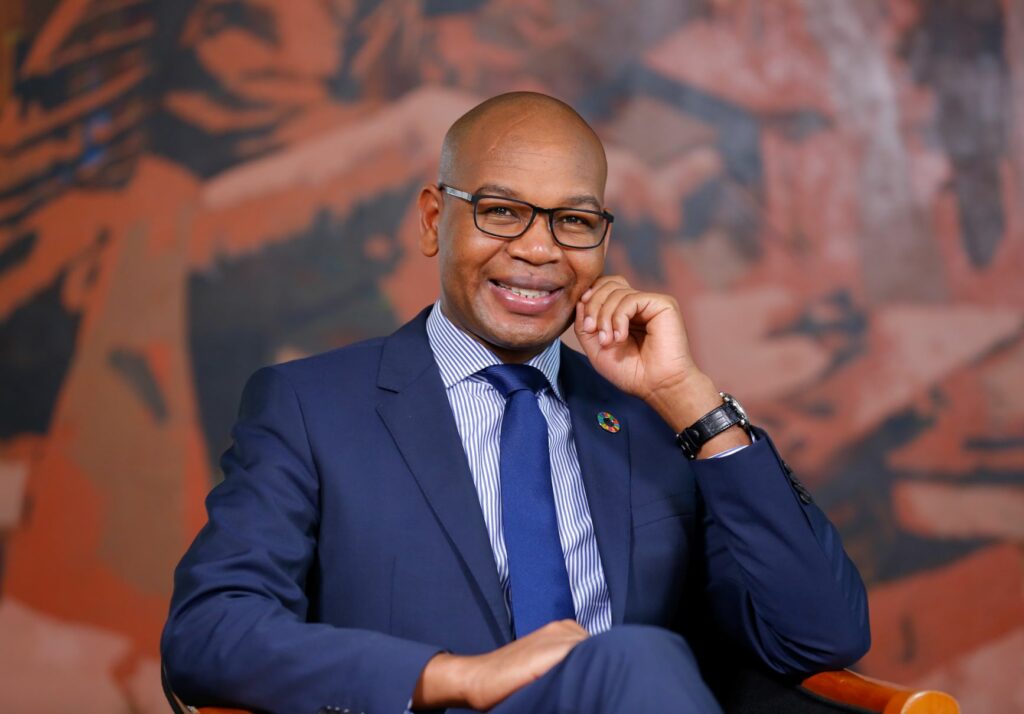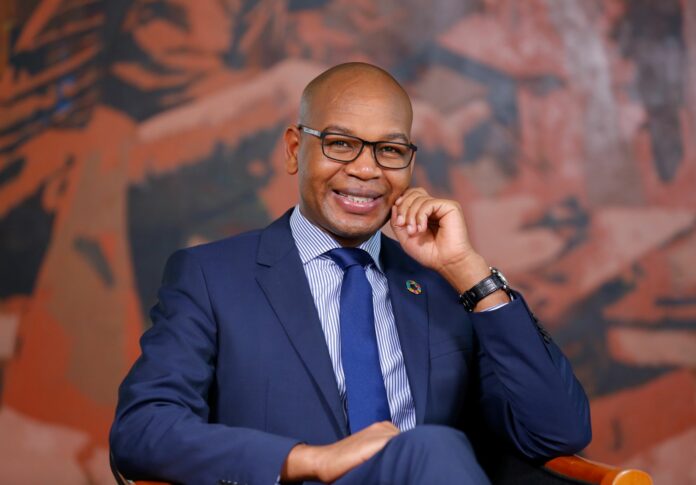Joshua Oigara: The COVID-19 pandemic has largely been framed as a public health crisis, over one and a half years since it hit Kenya. However, its economic impact has been severe and widespread. The effects have been felt across the economy, significantly afflicting all sectors and households.
In all this, irrespective of industries, the Micro, Small, and Medium-sized Enterprises (MSMEs), have been particularly hard hit by reduced customer footfall and disruptions in supply chains, among other biting effects of the pandemic. The widespread job losses and income cuts have also meant depressed demand for MSMEs’ goods and services, due to reduced purchasing power.
This has left MSMEs struggling and barely surviving. A survey by the Kenya Private Sector Alliance (KEPSA) in October 2020, indicated that about 64% of the MSMEs surveyed had experienced a high or very high negative impact on their businesses from COVID-19. This included loss of customers, liquidity challenges, high cost of operations, inability to pay salaries, and reduced labor productivity.

The MSMEs’ typically limited liquidity, financial flows, and reserves have left them more vulnerable, compared to the larger corporates. Thus, the pandemic, like any other shock, is guaranteed to throw them off balance in a very short time, effectively putting their survival in jeopardy.
This is cause for concern, considering the integral and strategic role that MSMEs play in the economy. This ranges from creating employment opportunities to supporting value chains across industries. It is, therefore, important that these businesses are cushioned from such negative effects, are supported to ride the wave of the crisis, and are enabled to succeed.
When MSMEs thrive, the ripple effect snowballs and is more widespread, inclusively, and sustainably across the economy. Jobs are protected and quality of life enhanced for more households, among other economic benefits.
Of all the kinds of support that businesses require to cushion themselves during such rough patches, the financial kind ranks top. This effectively puts the financial services sector, particularly, in the driver’s seat, to protect these businesses from the harsh effects of the pandemic.
Throughout the pandemic, banks have gallantly stepped up to the frontline, cushioning the economy. Across industries, businesses and individuals have had their loans restructured to give them more time to repay among other measures.
KCB Group Plc Profit after Tax Hits KShs.25B in Q3
However, there is a need for banks and other players in the sector to go the extra mile in protecting MSMEs, the lifeblood of the economy. With the uncertainty surrounding the fast-evolving pandemic, it is still unclear how long it will be here, or the form and shape that it will take. A business-as-usual approach will not cut it for the situation that businesses find themselves in presently.
The recently launched credit guarantee scheme by the National Treasury and seven local banks is one such innovative approach towards unlocking credit for MSMEs. This assurance from the government will enhance banks’ confidence to lend to businesses, on flexible terms.
Basically, the participating commercial banks will independently review the ability of the businesses to repay the loan and determine the applicable interest rate based on the risk of default. The Treasury will guarantee 25% of the loan in case of defaults while the Bank will take up the balance under a third-party credit risk mitigation scheme. This initiative is a sure game changer for the MSMEs as they seek to stay afloat in the wake of the economic crisis.
Besides, this will go a long way in supporting rural-based businesses to flourish, touching on a vast majority of Kenya’s population. This will contribute significantly towards driving sustainable and inclusive growth that leaves no one behind. The rural population is still locked from certain advantages and opportunities that the urban population and large businesses enjoy. Access to credit facilities is one such factor.
The challenge for the banking industry now is to design concessional loans for businesses, with much more favorable terms. Though in dire need of working capital to stay afloat, the normal terms may not be suitable for businesses. Adequate financing is critical to not only help them weather these tough times but also put them in good stead to recover and build back better. This is for example the inspiration behind KCB Bank’s new, discounted MSME loan that comes with the options of being either secured or unsecured.
Alongside such innovative financing, businesses also need training and advisory support to weather the effects of the pandemic. In the unfamiliar territory that businesses are increasingly finding themselves in, opportunities for continuous upskilling put them in good stead to effectively deal with the situation and thrive.
It is such out-of-the-box support that could be the difference between MSMEs staying in operation or struggling and eventually having to fold, at a huge cost to the economy. These may just be the straws that businesses clutch on to weather the pandemic.
The pandemic has been a wake-up call for banks to rethink their business models and sharpen their priorities to create opportunities for MSMEs to navigate the crisis.
About the author
Joshua Oigara, CBS, is a member of the KCB Group Plc and KCB Bank Kenya Boards as well as the KCB Group Chief Executive Officer and Managing Director. He is a Director of the Vision 2030 Delivery Board and was commended by H.E. President Uhuru Kenyatta on the Award of Chief of the Order of the Burning Spear, CBS, for exemplary service to the people and Nation of Kenya. Further to these, Joshua has been selected by the Minister of Sports to join the World Rally championship steering committee.
Joshua Oigara was listed as one of African’s top 25 leaders to watch based on his role to champion transformational leadership and change on the continent by the Financial Times, Joshua actively engages at National and Industry level to drive this agenda.








